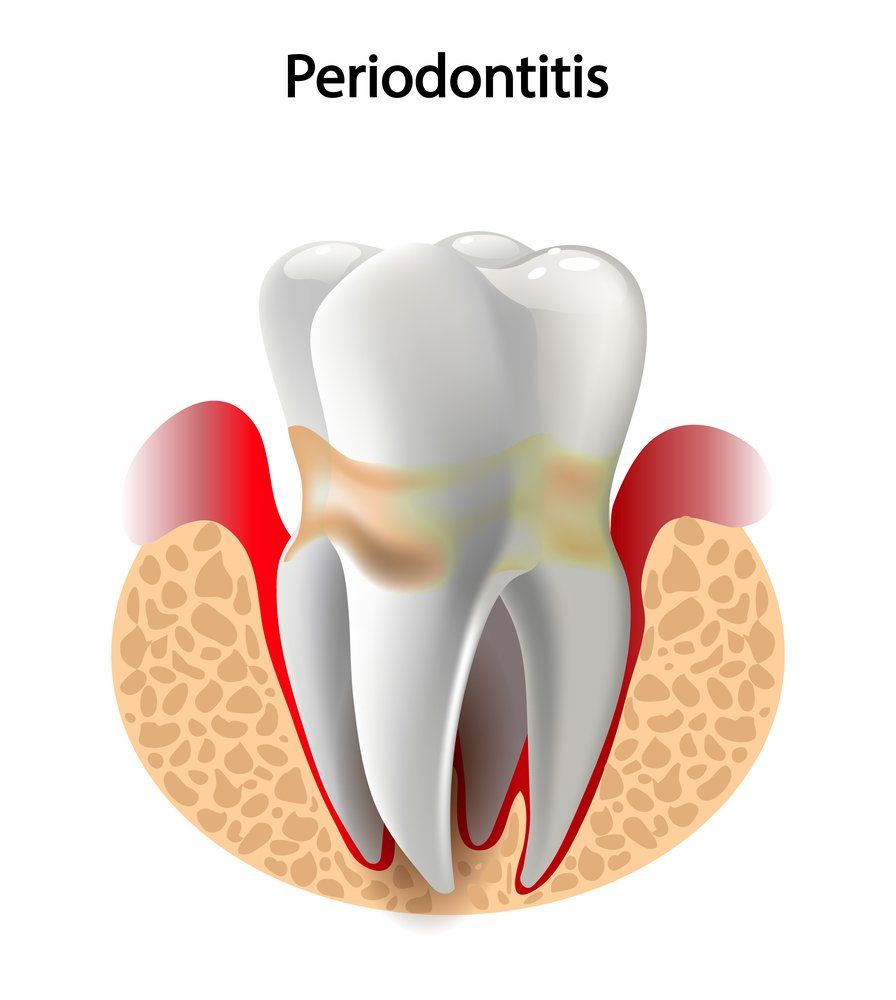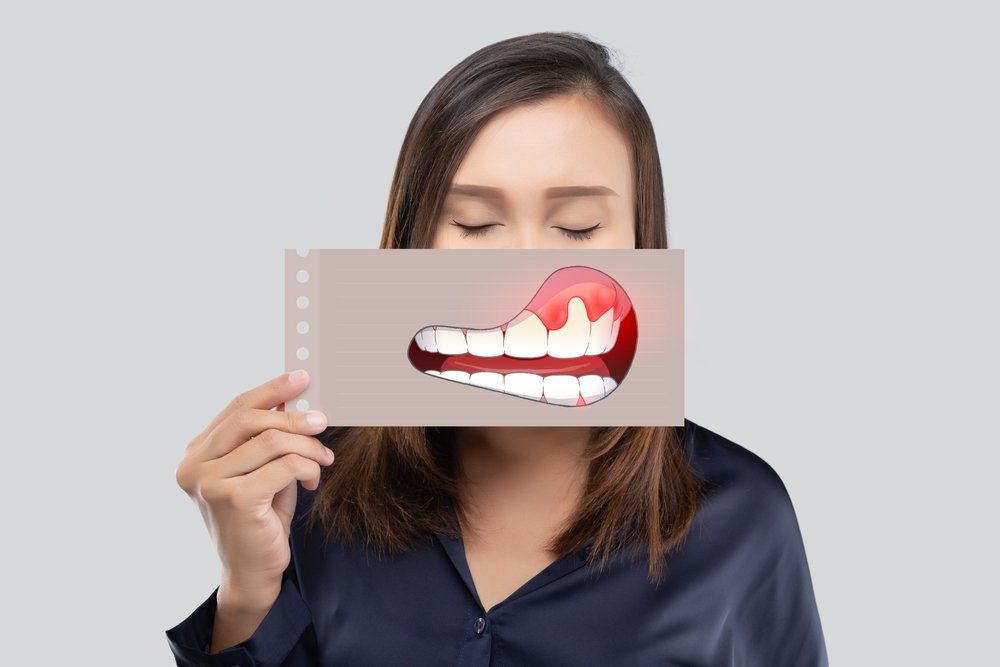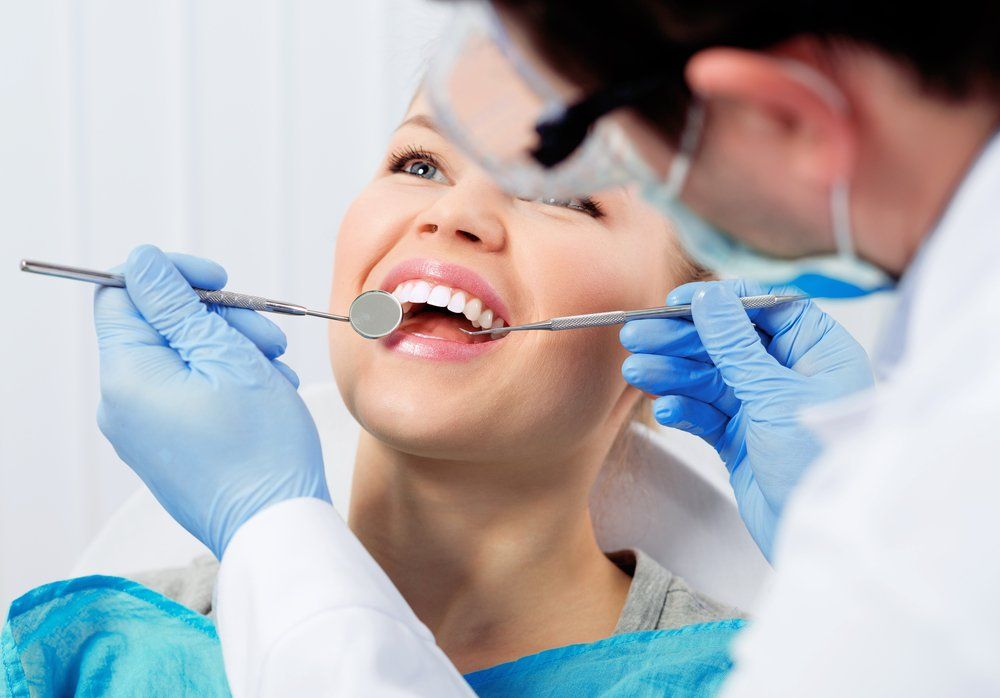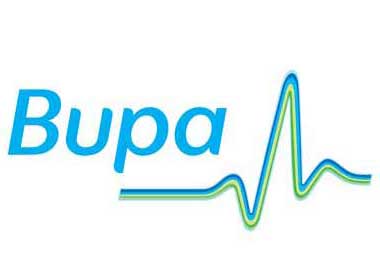About Periodontal Disease
- Comprehensive Dental Care
- Gentle & Family-Friendly Approach
- Advanced Technology & Preventative Focus
- Pay Later Options Available
Request a Callback
What is Periodontal Disease?
Gum disease is an infection of the tissues that surround and support your teeth and is a major cause of tooth loss in adults. Because gum disease is usually painless, you may not know you have it. Also referred to as periodontal disease, gum disease is caused by plaque, the sticky film of bacteria that is constantly forming on our teeth.
If plaque is not removed, it turns into tartar (calculus). Once tartar forms, it is much more difficult to remove. Plaque and tartar irritate and inflame your gums. This can lead to gingivitis, an early form of gum disease. If left untreated, gingivitis will progress into periodontitis. With time, plaque and tartar will destroy the bone and connective tissue that support your teeth. This can lead to tooth loss.
Gum disease is highly preventable with regular brushing, flossing and professional cleanings. Early diagnosis and treatment of gum disease can usually prevent further progression of the disease. For more information on periodontal disease, please get in touch with The Dentist Cairns Dental Group.
Warning Signs & Symptoms
Here are some warning signs that can signal a problem:
- Gums that bleed easily
- Red, swollen, tender gums
- Gums that have pulled away from the teeth
- Persistent bad breath or bad taste
- Permanent teeth that are loose or separating
- Any change in the way your teeth fit together when you bite
- Any change in the fit of partial dentures
Frequently Asked Questions
Risk Factors for Gum Disease
Some factors increase the risk of developing gum disease—they are:
- Poor oral hygiene
- Smoking or chewing tobacco
- Genetics
- Crooked teeth that are hard to keep clean
- Pregnancy
- Diabetes
- Medications, including steroids, certain types of anti-epilepsy drugs, cancer therapy drugs, some oral contraceptives
See your dentist if you suspect you have gum disease, as the sooner you treat it—the better. The early stage of gum disease is called gingivitis. If you have gingivitis, your gums may become red, swollen and bleed easily.
At this stage, the disease is still reversible and can usually be eliminated by a professional cleaning at your dental office, followed by daily brushing and flossing.
Advanced Gum Disease (Periodontitis)
Advanced gum disease is called Periodontitis. Chronic Periodontitis can lead to the loss of tissue and bone that support the teeth, and it may become more severe over time. If it does, your teeth will feel loose and start moving around in your mouth.
This is the most common form of Periodontitis in adults but can occur at any age. It usually gets worse slowly, but there can be periods of rapid progression.
It is possible to have gum disease and have no warning signs. That is one reason why regular dental checkups and periodontal examinations are very important. Treatment methods depend upon the type of disease and how far the condition has progressed.




















